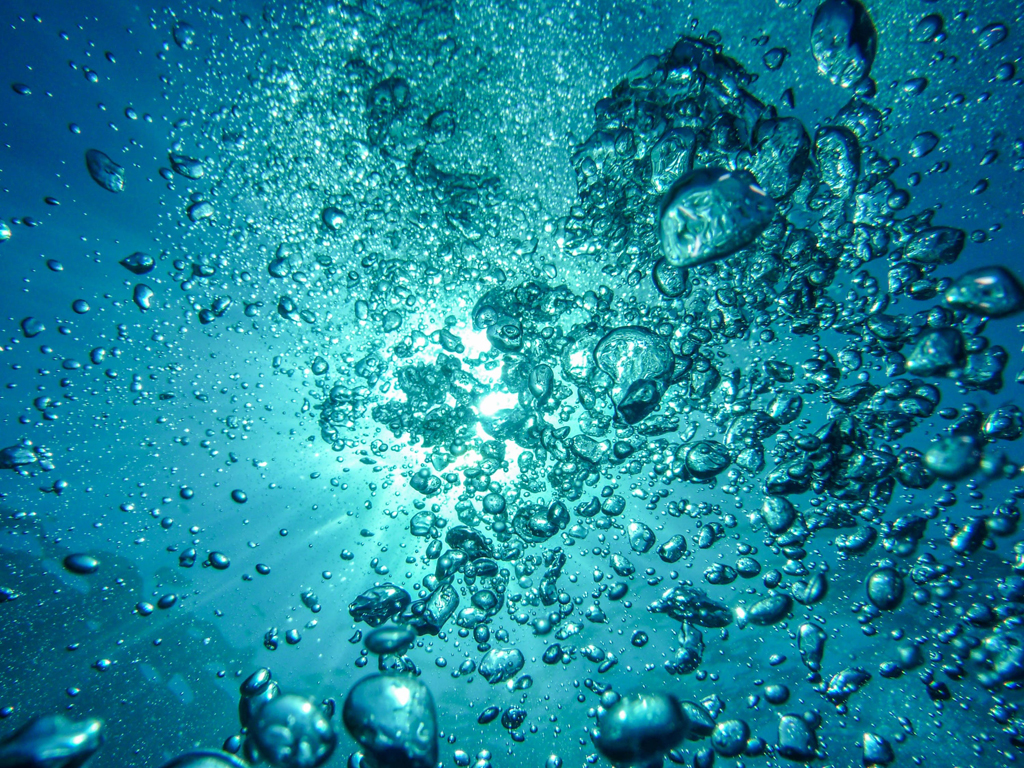
Recognising Water and its Value in Scotland: Looking Beyond the Provision of Water Services

I am a Hydro Nation PhD scholar. My research is about the involvement of communities in water management and governance in Scotland. I look at what happens when communities are asked to participate in decision-making, when they own or manage infrastructure, or when they are recognised as managers and consumers and asked to change their behaviour with respect to water. As part of my research I am fortunate enough to observe and interview people who work in the areas of flooding, drinking and waste water services.
Throughout my work I have observed the people who work in public organisations in Scotland related to water, care deeply about water and are dedicated to its provision. They show their care in different ways – some develop flood management schemes, some try to unblock drains, some make sure that bills are at an appropriate level, or ensure that water quality meets legal specification. These actions contribute towards providing safe and clean drinking water and ensuring the environmental water quality which Scotland prides itself on. These actions are all integral to society, but is this enough? What more is needed to support Scotland to recognise the value of water?
An area of increasingly importance is understanding how communities’ value and relate to water. People enjoy and feel associated with mountains and lochs in Scotland, but when we are removed from that obvious beauty and primarily see water when we flush the toilet, or at home during the shower, some see mundane, everyday water. Our interactions with water tend to actually be very routine. And on top of that, most people are far removed from the management and organisation of water. Water is hidden; we made it this way. We as a nation, have spent over 100 years managing and developing expertise to hide water and its infrastructure – pipe it, tank it, make it always available, and hide the workings of how it got here. ‘Flush and forget’, ‘use and not know’ could be the mottos of our modern relations with water in the UK. However, this may be changing.
So, an unanswered question remains – what does it mean for a nation to value water? Some may say: use less water, turn the tap off when you are brushing your teeth, don’t dispose of inappropriate waste down the toilet. These certainly are ways that one can contribute to the provision of public water services.
And, while these are important, and by no means a small feat, a more systematic and ambitious approach is also necessary. An approach where communities are involved and engaged in water management and governance. Where they have a say in how they are run and contribute to their functioning. When water is no longer something that we save in the house, but something that is ours, and we are proud of and that we see. We need an even more dynamic, forward thinking, outward facing, diverse water sector, that encourages and resources different kinds of engagements with communities, and fosters different relationships between people and water. Water needs to be made visible in every sense of the word.
My research shows that this kind of thinking comes with risks for those charged with public services. Such change can bring scrutiny, higher expectations and costs, and change is fraught with difficulty. The challenge is that these suggestions are challenging to measure and it is difficult to show their benefit. In hard pressed financial times, life reverts to ’business as usual’, or tackling the most immediate challenge. Is it easier to just not to rock the boat, one may ask? After all, on the whole, Scotland does enjoy largely excellent water services. I would disagree – this is worth working for. I know from my own work that this is a vision that some people hold and are taking steps to try to realise. You could call this public water 2.0.
Kirsty Holstead, University of St Andrews
